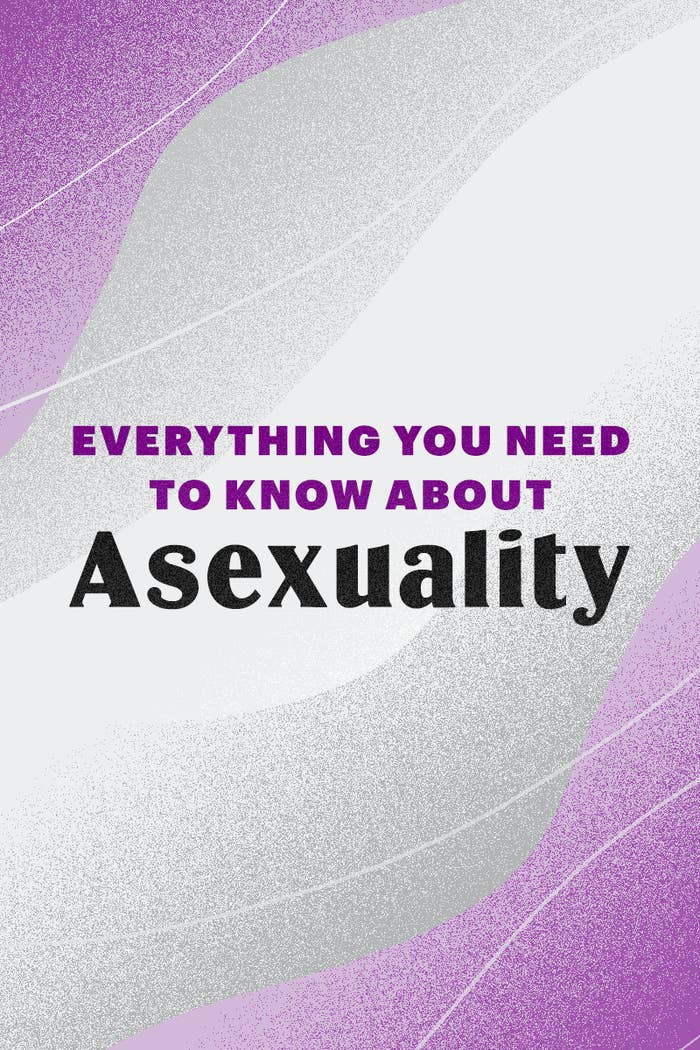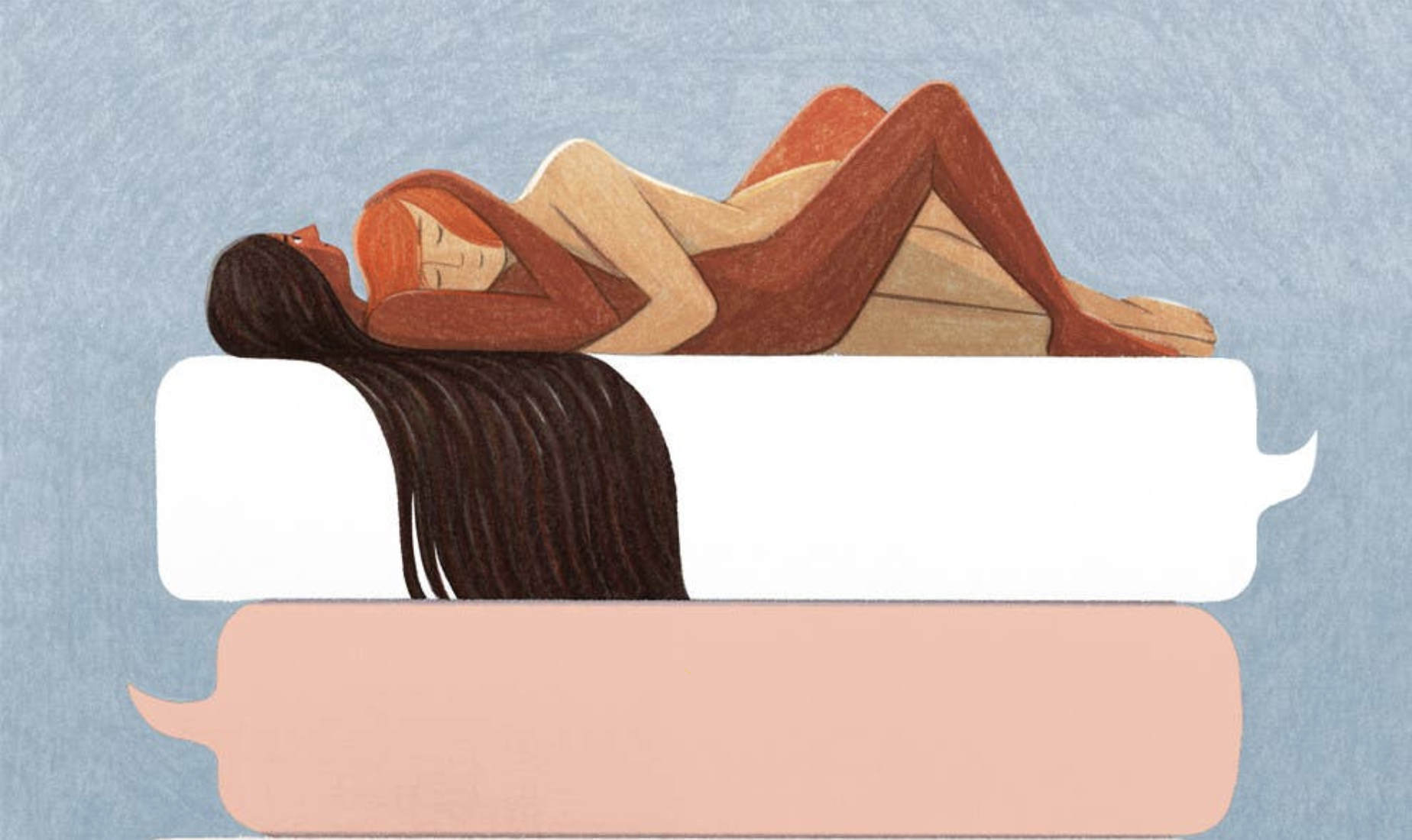
Asexuality is one of the most frequently misunderstood identities.
Even though it's starting to show up more frequently in pop culture — like on Bojack Horseman or Game of Thrones — not everyone knows what it means to identify as asexual.
The biggest thing to know? Asexuality exists on a spectrum — so it can mean different things for different people.
If you're asexual, you can still enjoy things like kissing, touching, or cuddling — without wanting to have partnered sex.
Relationships to sex can be very differfent within the asexual community, too. For example, some can have sex or masturbate without being driven by attraction.
Aegosexuality is a kind of asexuality where a person might get aroused in response to certain triggers as long as they are sufficiently removed form themselves. The list below includes some common aegosexual experiences. (1/4)
They might masturbate because it feels good or relieves stress — or they might have sex because they want to have a child.
'Asexual' is also an umbrella term with a lot of smaller subcategories within it or related to it.
But — and this is key — you shouldn't confuse asexuality with things like celibacy, abstinence, sexual dysfunction, or low libido. They're not the same thing.

